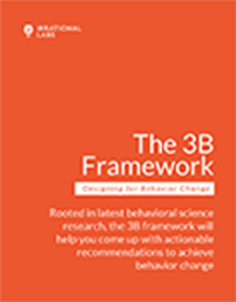I have applied the course learnings to two main projects so far and they’ve had a huge business impact. My colleagues also perceived value and saw a clear rationale behind my decisions. That was definitely a plus for me. I got results for the business and among my peers!
Behavioral Design
for Finance
Build Better Finance Products Using the Psychology of Money
Companies We've Trained
-
Credit Karma
-
Microsoft

-
Lending Club

-
World Bank

-
Lyft

-
Kiva

-
Anthem


Nubank

Understand how and why people make irrational decisions about money so that your product or service can help them be smarter.
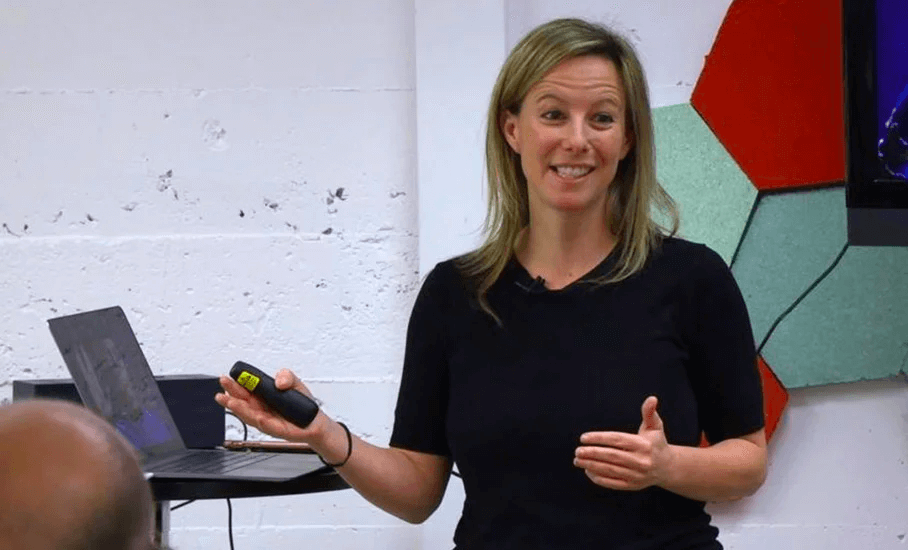
Learn the psychological biases that affect financial thinking and design new ways to change user behaviors — for the better.
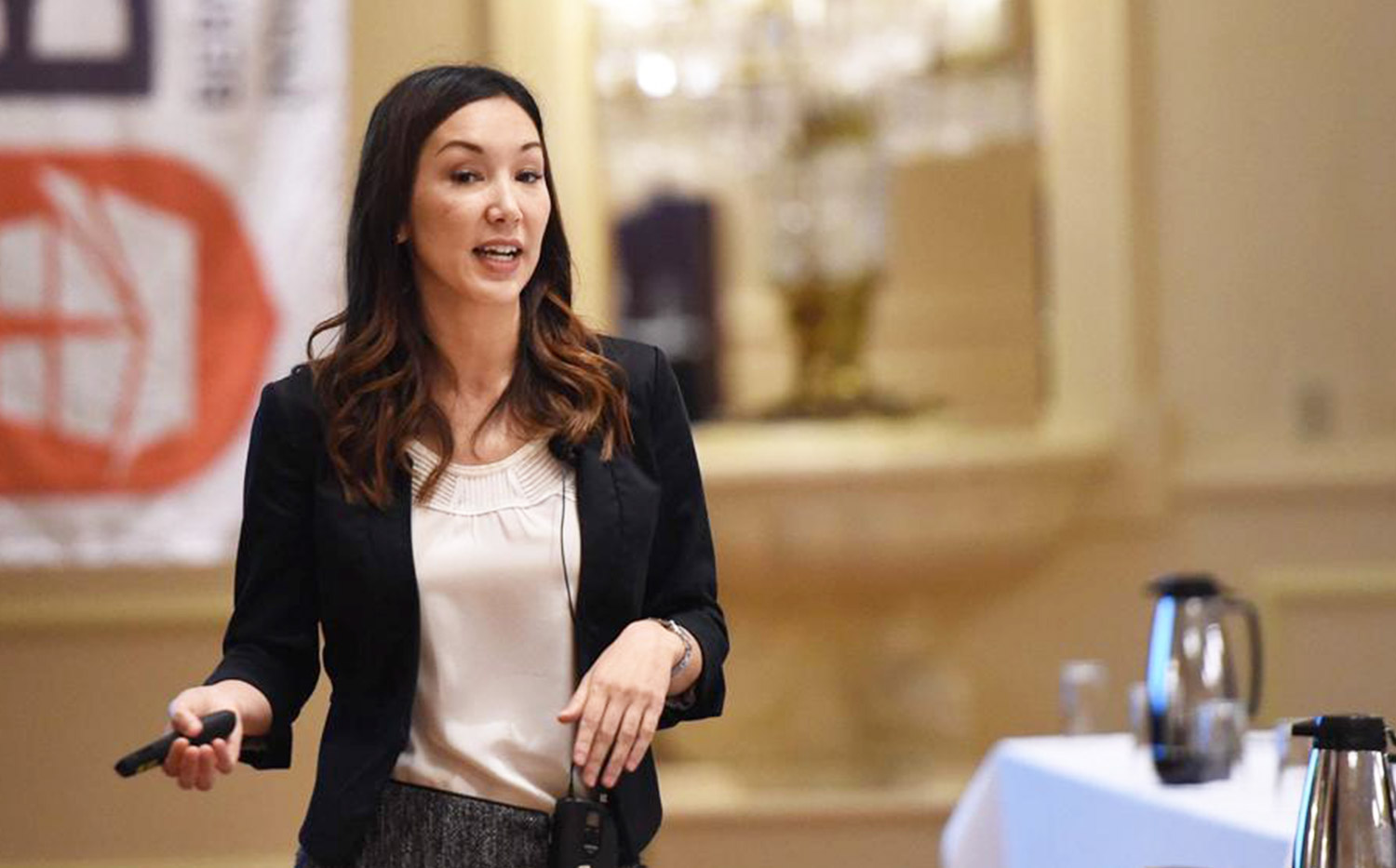
I feel like we’ve been given a pair of X-Ray glasses to see a hidden world driving user behavior. These insights and tools will shape how we build experiences for the foreseeable future.


In addition to course modules, you’ll interact live with other participants, as well as Irrational Labs team members, in:
A video kickoff chat
Monthly Drop-In Hours
Our Slack Community
This program is designed for people working to change finance-related behaviors in banking, fintech, insurance, etc. in roles such as:
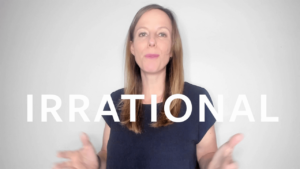
What you'll take away:
When working with Irrational Labs, I learned invaluable lessons and insights that I can apply immediately, both professionally and personally.

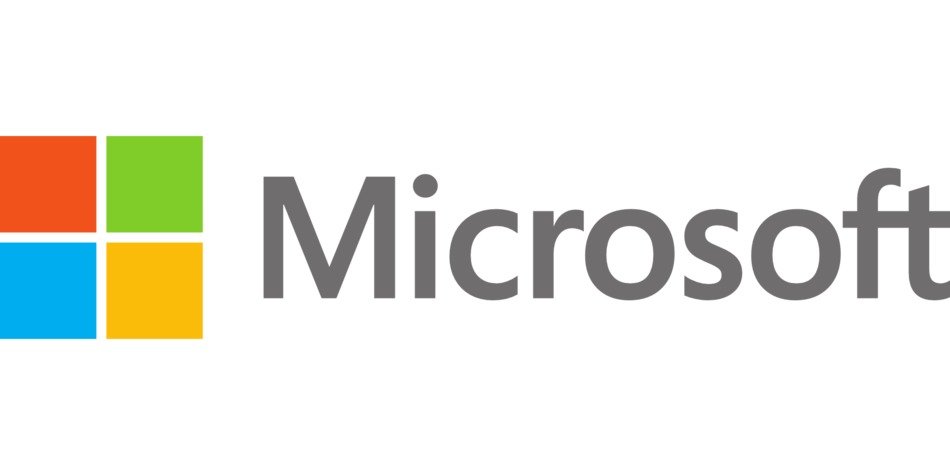
The Curriculum
Designed by Irrational Labs behavioral science experts, alongside behavioral designers at fintech companies in Silicon Valley.
Why we make bad financial decisions and how you can apply behavioral science in your product design and marketing to change that
Core behavioral economics principles that will transform how you understand the psychology of money
The Behavioral Design Process: Our 3-step method to design products that actually drive financial behavior change
Introducing the 3B framework for behavior change
Why defining a ‘key behavior’ is the most important, least understood step in behavior change—and how to do it
Applying the 3B framework to understand the psychology of value and money
Understanding the two types of barriers to financial behavior change
How to reduce cognitive overload in your customer flows so that people make optimal financial decisions
Leveraging the influence of our emotions on purchase choices and financial decision-making
Combating the devil on our shoulders: Helping people avoid temptation by designing for self-control
Benefits: Doing the ‘right thing’ for the ‘wrong reasons’ (yes, the wrong reasons)
Smart ways to keep customers engaged (a deep dive on ‘concrete-ness’ and ‘identifiable victim’) and strengthen financial motivation
Everyone else is doing it: How social norms impact your users—and how to harness that, for good
Designing for incentives—and what most companies and products are getting wrong
The Behavioral Design Process: Surprising experiments that teach you how to change behavior
What next? Your path to becoming a behavioral designer for finance
What Past Attendees Say:
FAQs
This program is for you if you are working to change finance-related behaviors and want to better understand the psychology of your users – customers using an app, people seeking to budget and save, banking providers, the general public – really, anyone whose behavior you’re hoping to change!
Want to be more thoughtful about how you design? Behavioral science will be your critical tool for that.
There is a treasure trove of insights about how people make decisions that impact their finances. The current toolkits for product, program, marketing, and service design only expose us to the tip of the iceberg. In this course, you’ll come to deeply understand human psychology and how it drives the adoption, engagement, and retention of your product or service to improve people’s financial outcomes and wealth.
The finance course is tailored to people working in environments where they have an impact on people’s finances. This may be through products they’re designing, programs they’re building, or customers they’re supporting. The majority of examples, studies, and content in this course are related to financial behavior change.
That’s totally fine! While much of the content is designed for people actively designing products/services/workflows to change people’s financial outcomes, it’s also great if you’re interested in improving your own finance-related behaviors (or those of loved ones). Or maybe you’re thinking about starting a company that will impact people’s finances and wealth. The course exercises are designed to work for all of these use cases, and more.
No previous experience in behavioral economics or finance is required. And if you’ve read a few behavioral science or economics books, you’ll certainly still learn new things. We focus on applying behavioral insights to the financial problems you’re solving for at work and in your personal life. If you’re a fintech product designer, the content will be useful as you think about behavior change in the context of finances.
Preference will be given to teams and individuals from companies whose work is focused on improving people’s financial behaviors and wealth.
Irrational Labs was founded by author and professor Dan Ariely and Kristen Berman. Our mission is to use behavioral insights to help people be happier, healthier, and wealthier. Hundreds of companies have used our process and methods to build innovative new products and improve existing ones.
Companies like Google, Aetna, Eli Lilly, Fidelity, Lyft & Uber, Shapa, Cuna Mutual, and AARP have brought us in to work within their product and marketing teams to drive growth and engagement. Dozens of startups have relied on us to help them understand their customers’ needs and build products that solve for them. We are product designers and behavioral scientists. We are deeply passionate about designing our systems and our environment to change behavior – especially financial behavior – for good.
Every week, you’ll gain access to two new modules of content with about one hour of reading material. You’ll also have around one hour of hands-on exercises to do each week, and you can always engage on Slack to share your thinking and give others feedback on their work.
But the really neat thing that will happen? During this course, you’ll start thinking like a behavioral scientist. So while there are the actual (and non-trivial) time commitments to be aware of, you should expect to become immersed in the content in a way that seeps into your daily life. You’ll start seeing the world a bit differently. You’ll ask more questions. You’ll be more curious. We even hope that your friends start noticing that your conversation has shifted a bit!
Pro tip: You can ask your company to sponsor you. A lot of companies have a professional development budget for things exactly like this.
We also offer nonprofit and government employee discounts, as well as a ‘COVID-19 front-line worker’ discount. Learn more
Admissions are rolling. Once you sign up you gain immediate access to the course, and you can start interacting with other students. You also get weekly office hours with the Irrational Labs team to help you integrate what you’re learning.
You get access to the course for 3 months – that’s 8 weeks of actively receiving new content, plus another full month to review and cement your learning.
I feel like we’ve been given a pair of X-Ray glasses to see a hidden world driving user behavior. These insights and tools will shape how we build experiences for the foreseeable future.
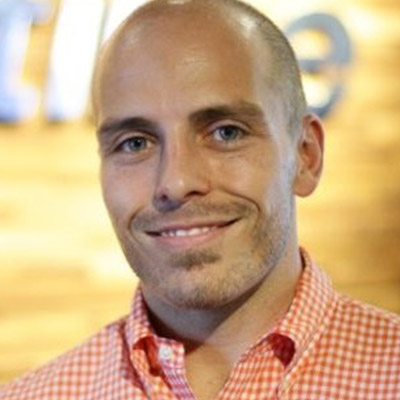

Behavioral Design For Finance Bootcamp
Includes
Custom Courses
Private, customized courses for your team are also available, starting at $3,000 per person (must meet minimum number of participants).

















